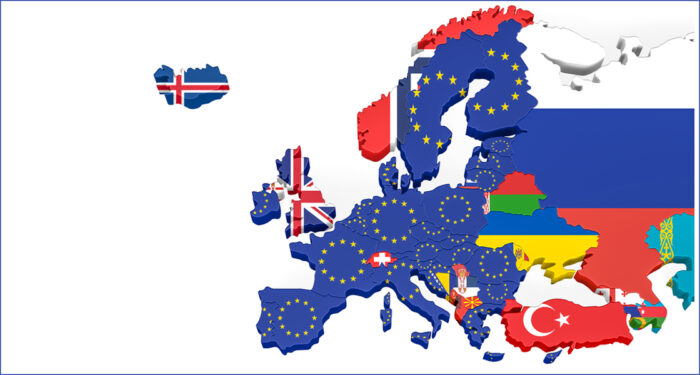Increasing attention is naturally being given to Asia at the moment, particularly to the emerging nations like China and India, and, for other reasons, the Western offensive against the Taliban is intensifying in the hope of pacifying the situation in Afghanistan. In these conditions, Pakistan, situated as it is at the crossroads between Iran, Afghanistan and China, remains nonetheless a subject of permanent perplexity, not least on account of its complex nature and the complexity of its relations with its neighbours.
With a surface area of some 850,000 sq kms (one and a half times the size of France), a very particular geographical configuration and a population of 180 million inhabitants (perhaps 300 million by 2050), it is the world’s second largest Muslim country after Indonesia. Faced internally with sizeable disparities and, particularly, with acute ethnic and religious tensions, its relations with its neighbours — particularly India, Iran and Afghanistan — are complex and potentially explosive.
Alain Lamballe, who knows this region particularly well, explains its singular situation to us, setting out the threats, both internal and external, facing Pakistan, the perception the country itself has of those threats and the strategy it has adopted. He outlines, too, the fears the world may reasonably have so far as the future of the country and the region is concerned.
Pakistan at the Heart of Geopolitical Tensions
Cet article fait partie de la revue Futuribles n° 362, avr. 2010



